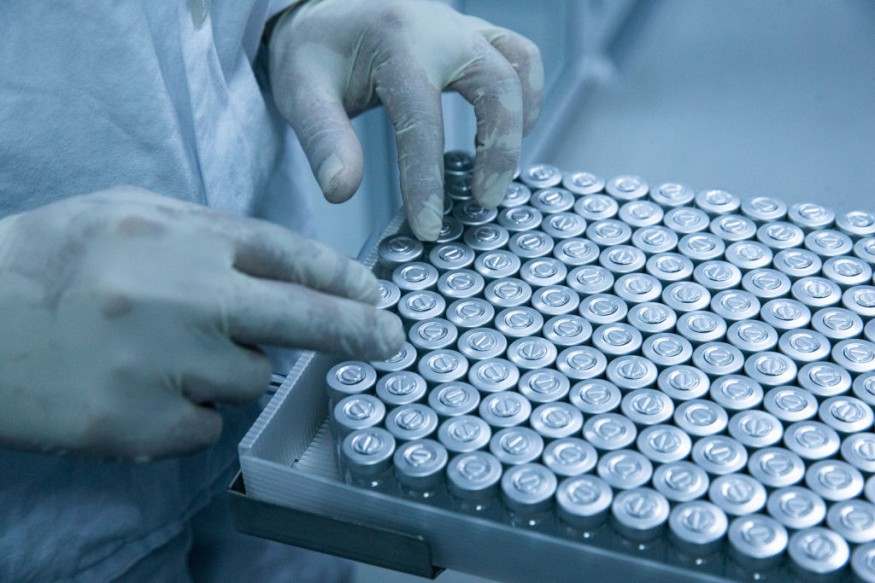
A flu shot against one of the most confrontational and lethal version of breast tumors has moved one bit closer to becoming a certainty.
The Cleveland Clinic proclaimed on Tuesday that it will begin the first clinical study testing a shot intended to avoid triple-negative breast cancer, which presently does not react to hormone or aimed prescribed medications and could only precluded through mastectomy.
Up to this point, progress in triple-negative breast tumor immunizations is restricted to laboratory and wildlife studies. The clinical study could already start after the US Food and Drug Administration has authorized the shot's experimental treatment request.
Start of Human Clinical Trial Testing
Although the experiment will just entail initial triple-negative breast cancer survivors that are at increased relapse, the investigators seek to build the vaccine to physically active patients who are at high risk of developing the illness, such as those with BRCA1 genetic variants, in the future.
Lead researcher of the investigation and director of Cleveland Clinic's Taussig Cancer Institute, Dr. G. Thomas Budd told the reporters in a public statement that, "In foreseeable future, we hope that it can be a genuine preemptive immunization that will be prescribed to healthy adults to protect them from generating triple-negative breast cancer, a version of breast cancer for which we have the least therapeutic interventions."
Triple-negative breast tumor which is quite prevalent in African-American women and those who have BRCA1 gene variants is responsible for roughly 12% to 15% overall breast cancers and infects practically one-quarter of patient populations in less than five years of treatment.
The existence of lactalbumin is normally associated with the sickness despite the fact that it is only meant to emerge when an individual is lactating.
Vaccines for Breast Cancer
The vaccine would then attack the nutrients, causing the immune cells to fight off new breast cancer cells that articulate it. The shot will also contain a drug that prompts the immune response to lactalbumin, allowing it to halt cancer growth.
The experiment would include 18 to 24 patients who are tumor-free for three years after being handled for initial triple-negative breast cancer. They'll get three shots, two weeks away. Investigators will begin with small dosage in a limited group of patients and constantly examine them before increasing the dose and along with more attendees.
"After we've determined how much of immunization we can offer," Budd told the Cleveland Clinic, "we will focus at its impacts on health which will tell us if the flu shot does what we need it to do, then we'll increase each dosages tier."
Funded by the US Department of Defense the research project is expected to be finished in September of the year 2022.
Tuohy noted, "This vaccine approach has great promise toward other human cancers."
"Our transcriptional investigation concentrates on the development of vaccines to stop cancer associated with aging, such as breast, ovarian, and endometrial cancers. With fruitful results, these immunizations have the ability to revolutionize we regulate adult-onset cancers and improve life span in a manner equivalent to how the child immunization initiative has done."
© 2026 NatureWorldNews.com All rights reserved. Do not reproduce without permission.





